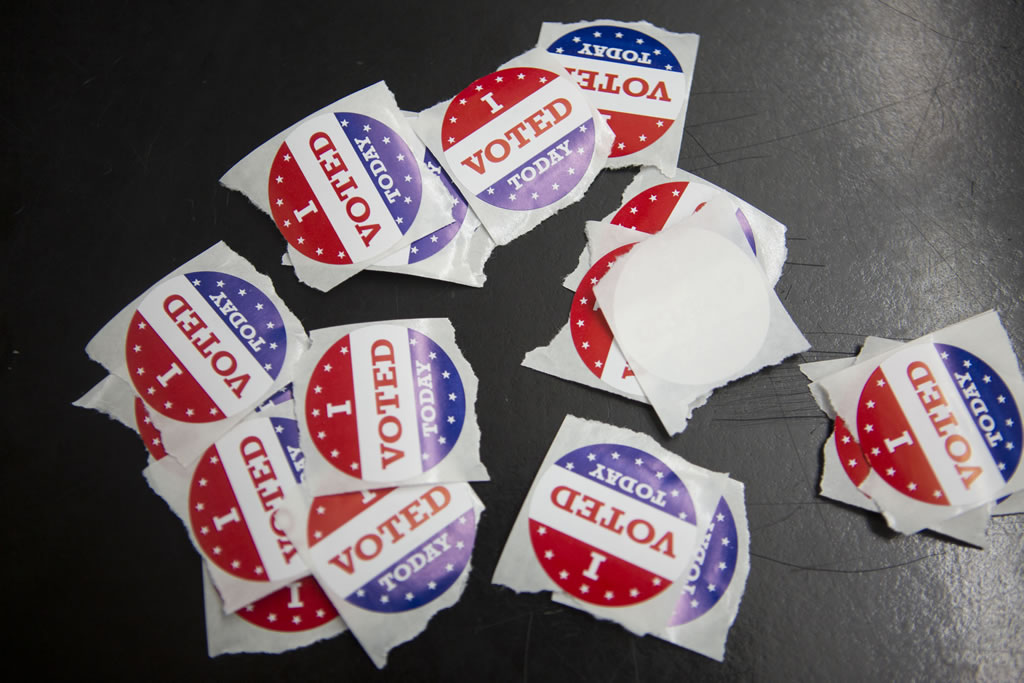Home » Battleground Wisconsin » Judge declines to allow partial witness addresses on absentee ballots

A Dane County judge has declined to issue an order directing clerks to accept absentee ballots so long as witnesses included any information on their addresses, saying it would cause confusion so close to the election. Judge Nia Trammell on Wednesday noted the Wisconsin Elections Commission previously issued guidance that a complete address included a street number, a street name and a municipalit...